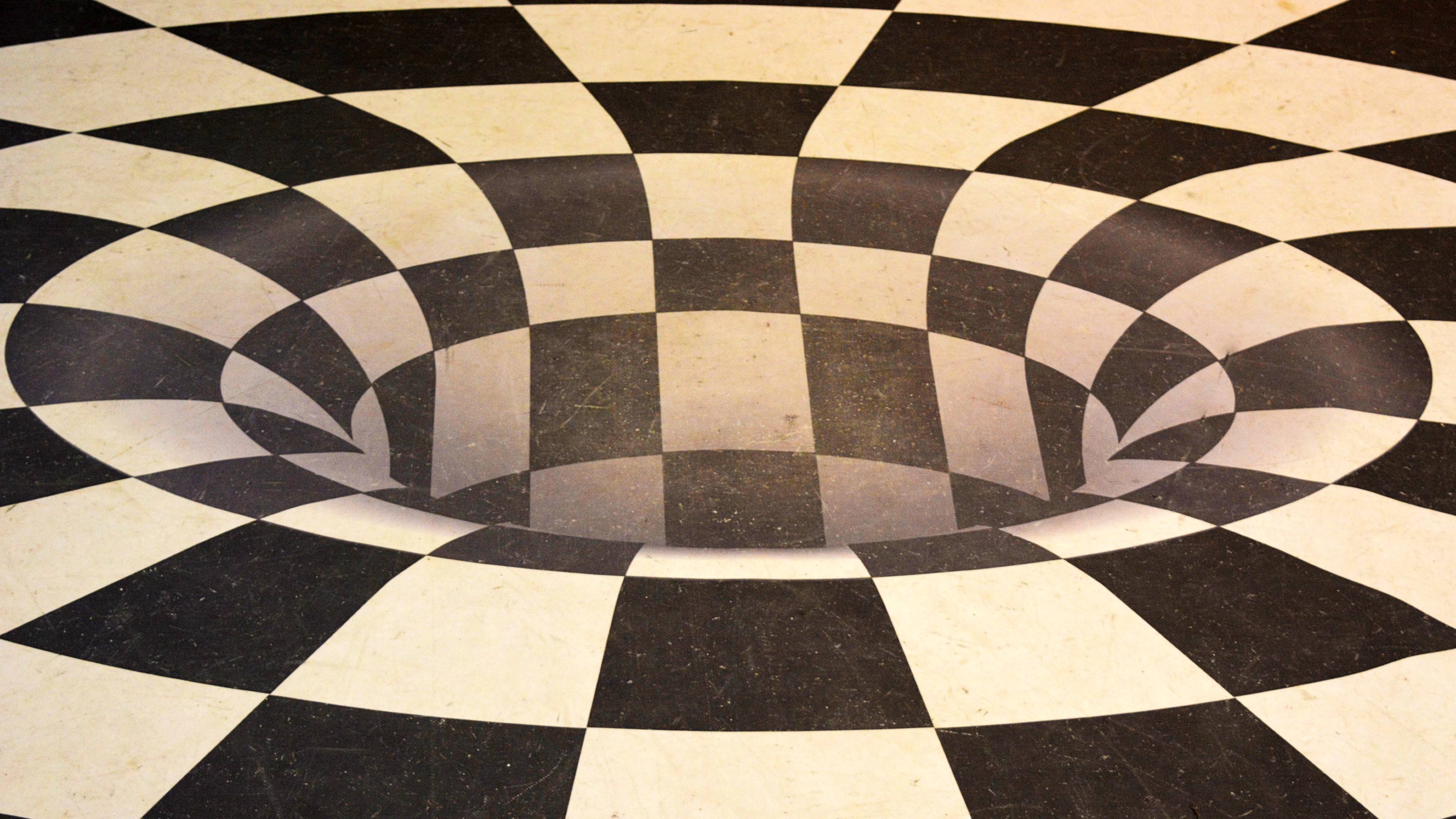Bringing together all those who wish to be left alone.
Question: What is your political philosophy?
Grover Norquist: Center ri If you look at the vote that went with Reagan in ’80 and ’84, not only in terms of the size of the vote for Reagan, the percentage of the electorate that went with him; but also the impulses that moved voters to vote for Reagan and not vote for Mondale and not vote for Jimmy Carter. The modern Republican party, the Reagan Republican party – very distinct from the Nixon Republicans, or the Eisenhower Republicans, or Lincoln Republicans because there were different issues that made somebody to be a Republican. For 100 years, being a Lincoln Republican meant that 100 years ago your ancestors chose the union against disunion. And that’s now a settled issue in this country, and it really doesn’t speak to anything important.
Are you for the union or not? We’re all for the union. Some people are for the union and socialism, and some people are for the union and freedom. So union, yes or no; involuntary servitude, yes or no are not issues that divide the electorate. Ronald Reagan’s question is do you want the state to have more control over your life or for you to control your life? That’s the fundamental question before all Americans. And those people who chose liberty over statism are, in fact, Reagan Republicans. They may not all see it nor know it yet, but that’s who they are. But the best definition of the modern center right movement of the coalition that I am committed to spending my life to help strengthen and grow is that it’s a coalition of groups and individuals that on the issue that moves their vote, what they want from the government is to be left alone.
So around the table, everybody has a different freedom that moves their vote. Now some people go to church, and like guns, and run a business. They do all three. But one of those is the issue that moves their vote. They walk in and they say, “I’m concerned or fearful of X – the government coming in and interfering with my ability to practice my faith, or raise my kids, or to take my guns, or to take my money, or to raise my taxes or my property rights.” What is it that moves people’s votes? There’s a lot of overlap – people who have jobs and want to be left alone; people who want to practice their faith and be left alone. People who want to have their Second Amendment protected and be left alone. But there generally is one issue that moves those votes.
And people can disagree on other issues in the coalition and do; but that holds the coalition together because there’s no conflict. The guy who wants to go to church all day, and the guy who wants to fondle his gun all day, and the guy who wants to make money all day have different worldviews. They may live in different neighborhoods. They may never have lunch together, but they all want the same thing – a limited government that leaves them alone.
Recorded on: September 12, 2007





